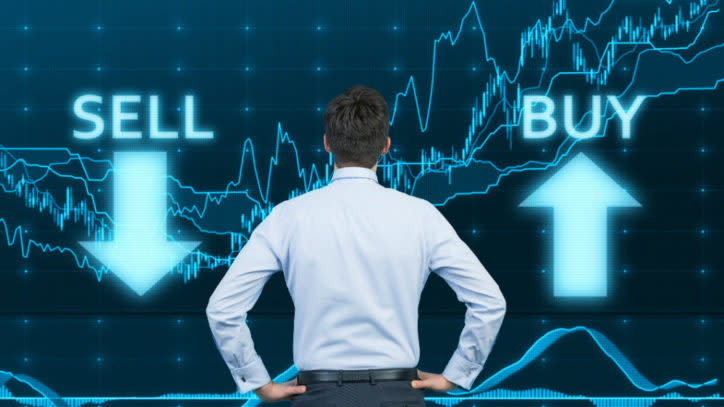Understanding How Your Psychological Makeup Can Affect Your Investment Decisions

There are obviously a lot of variables that go into how an investor goes about their investment decision-making process.
However, recent research suggests that an individual’s psychological makeup can provide valuable insights that can help to optimize investment returns.
The impact of risk tolerance
One of the key tenets of investment theory is how a particular individual’s risk tolerance can affect their investing decisions and eventual outcomes.
For example, you may know certain people who, for whatever reason, don’t feel comfortable investing money in the stock market. It could be due to a lack of knowledge about how capital markets work, a friend or relative who has told them stories of a horrendous investing experience, or even something beyond their control, like, for example, if they are living off a fixed income and can’t afford to withstand the inherent volatility in the stock market.
Or you may know someone who has no problem withstanding certain financial risks. This could be someone who owns their own business, chooses not to buy insurance products, or actively trades in the markets, potentially even employing options strategies.
Generally speaking, people who identify themselves as being more risk averse will tend to take a more hands-off approach with their investments, potentially allocating more money to index investing, exchange-traded-funds (ETFs) and mutual funds, or pursuing a passive buy-and-hold strategy.
Meanwhile, someone who has a higher risk tolerance is more likely to have greater confidence in their investment decision-making abilities and, as a result, is more likely to trade more often, invest more money in investments of a more speculative nature, and perhaps even feel more comfortable making “big bets” on investments that have outsized growth potential.
Understanding how risk tolerance can impact your investment strategy
Sometimes a more aggressive investment strategy can prove particularly lucrative. Think of if you’d been one of those people who’d invested in Amazon.com, Inc. (NASDAQ:AMZN) back in 1996, or even if you’d been Foolish enough to plunk some money down in Valeant Pharmaceuticals Intl Inc. (TSX:VRX)(NYSE:VRX) just a few short months ago before its share price went on to double.
But as the saying goes, “you live by the sword, and you die by the sword,” meaning that most investors who are fortunate to be the beneficiaries of these types of trades owe at least part of their success to being relatively more confident in the expected investment outcome than their more risk-averse peers.
However, those same types of investors also have to be on the watch for the dangers of overconfidence and self-control or the feeling that “nothing bad can go wrong.”
Anyone who has been following the financial markets, even at a cursory level, over the past decade will be all too familiar by now how that type of thinking can sometimes lead to disastrous results.
Bottom line
Becoming a successful investor involves being able to walk the fine line between taking risks and avoiding losses.
All investors, regardless of whether they fall on the aggressive or conservative side of the spectrum, owe it to themselves to perform an honest self-evaluation every once in a while to make sure they aren’t falling victim to the emotions of the markets.
Stay Foolish.
More reading
4 Great Investments That Will Provide You With Monthly Income
Free investor brief: Our 3 top SELL recommendations for 2018
Retirees: How You Can Earn $700 a Month in Dividends With Less Than $100k in Savings
John Mackey, CEO of Whole Foods Market, an Amazon subsidiary, is a member of The Motley Fool's board of directors. Fool contributor Jason Phillips has no position in any of the stocks mentioned. David Gardner owns shares of Amazon. Tom Gardner owns shares of Valeant Pharmaceuticals. The Motley Fool owns shares of Amazon and Valeant Pharmaceuticals.

 Yahoo Finance
Yahoo Finance 